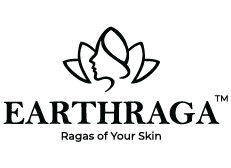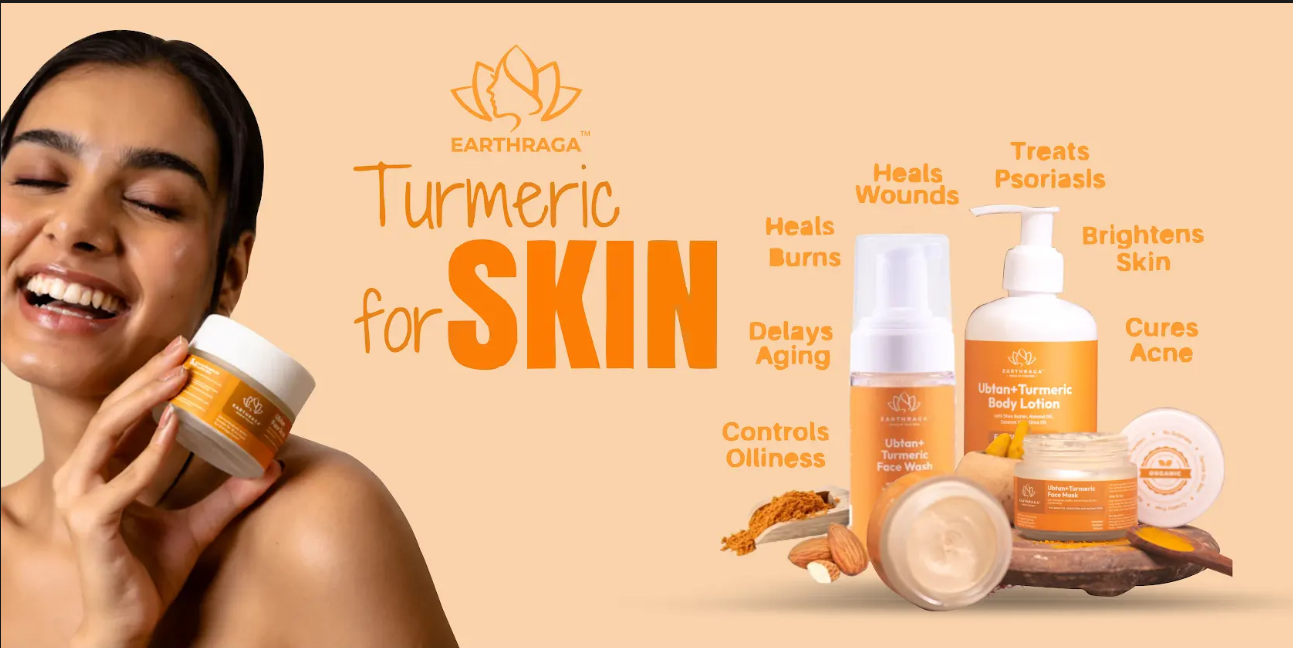Skincare plays a crucial role in one’s daily regime. It not only keeps your skin rejuvenated, but also makes it healthier from within. Following a skincare routine is crucial, especially if you’re seeking ways to combat dark spots and ageing effects.
Few skincare ingredients can match the promise and potency of retinol, this is why it’s considered as a primary skincare sweetheart. It is famous for fighting signs of premature ageing. and stimulating skin regeneration, implying that people use it often. Besides, it has some lesser-known merits that make it all the more efficient, especially in dealing with dark spots and hyperpigmentation.
Retinol is one of the most secretly kept ingredients in the skincare world, renowned for its powerful anti-aging and skin rejuvenation properties. This blog will reveal everything you need to know about retinol, from retinol benefits for skin to side effects, so make sure you stand by and read along.
What is Retinol?
Retinol is one of the chemical compounds called retinoids that is a vitamin A derivative. This material is respected for the good work it does in enhancing the skin’s radiance by facilitating collagen production, boosting the cell turnover, and ensuring that the skin is rejuvenated.
In order to make it work, this compound binds to particular skin receptors, which are very useful in improving cell functions as well as controlling genes within our bodies. This leads to various advantages like texture improvement, reduction of fine lines or wrinkles and even skin-toning, among others.
Lesser-Known Retinol Benefits for Skin
Retinol is primarily known for its anti-aging effects, but the benefits are more than just reducing wrinkles. Here are some few retinol benefits for skin of including in your everyday skincare routine:
1. Reduces Dark Spots and Hyperpigmentation
Earthraga’s Retinol serum fights dark spots and hyperpigmentation by slowing down collagen degradation. Retinol’s role of eliminating old skin cells as it encourages new ones to be formed prevents hyperpigmented cells from developing into patches. This gives you a brighter and seamless complexion.
2. Treats Acne and Blemishes
Retinol is effective in treating acne and blemishes because it has strong anti-inflammatory properties. Retinol unclogs pores, decreases sebum production, and prevents the formation of comedones, thus clearing up breakouts and preventing future flare-ups of acne. People with body acne must consider utilizing retinol body wash.
3. Makes the Skin Smoother
Retinol night cream is regularly applied to achieve smoother and radiant skin. When you use it often, this substance is able to refine pores’ size as well as reduce rough patches on the surface of one’s skin, hence improving its tone too, which further makes it look more alive and fresh.
4. Improved Skin Barrier Function
Retinol promotes the synthesis of ceramides, fatty acids, and other crucial components of the skin’s barrier. Consequently, this boosts the protection of our integumentary system, making it more resistant to distress from the environment and decreasing the chances of experiencing irritations and sensitivities.
5. Encourage Collagen Production
In addition to treating already existent signs of premature skin ageing, retinol face masks can also neutralise the damaging effects of free radicals and encourage the production of collagen that enhances skin elasticity and firmness. This is why it’s known as a wrinkle warrier.
How to Use Retinol for Dark Spots
To effectively harness the dark spot-reducing benefits of retinol, it's essential to use retinol for dark spots correctly.
Here how to use retinol:
- Start Slowly: Begin by incorporating retinol into your skincare routine 2-3 times a week, gradually increasing frequency as your skin tolerates it.
- Apply at Night: Retinol cream is best used at night, as sunlight can degrade its potency. After cleansing and toning, apply a pea-sized amount of retinol night cream to the entire face, avoiding the delicate eye area.
- Follow with Moisturizer: Allow the cream to absorb fully before applying moisturizer to minimize dryness and irritation.
- Use Sunscreen: Retinol can increase skin sensitivity to sunlight, so it's crucial to apply sunscreen daily to protect your skin from UV damage.
Common Side Effects of Retinol on Skin
While retinol offers a myriad of benefits, there can be some side effects of retinol, especially when used incorrectly.
Some common side effects of retinol include:
- Dehydrated Skin: When you start using retinol, it can initially lead to symptoms of dryness, or flakiness, which happens more so at the commencement period. It is commonly known as the insistence of retinol, the impact of which generally diminishes throughout continuous application.
- Sun Sensitivity: Sunburns and UV damage could be more common if your skin is sensitive to sunlight because of retinol, so always remember to use sunscreen every day and stay away from direct sunlight when you are using it.
- Breakouts: Initially, because it removes impurities, retinol may cause breakouts. However, these breakouts happen only rarely and go away after some time as the skin gets used to retinol.
Wrapping Up!
There are various advantages of retinol as a very strong component used in treating the skin. It is often used to reduce dark spots while fighting any acne breakouts on the skin, making it look better. This is because it has different effects, including reducing coloring on the external coverings of the body. Eathraga, with a myriad of effective natural skin care products, can help you achieve a flawless complexion. Shop now!
By knowing how to use retinol correctly in one’s routine, you can inch closer to the skin of your dreams. Nonetheless, do not forget about probable side effects and begin gently so that minimal soreness and irritation are possible and do a patch test before adding the product in your daily regime.
FAQs on Retinol Benefits for Skin
Can I use retinol every night?
Although some people may put up with retinol usage at night, it is ideal to start slowly by increasing the time elapsed and extent. Begin taking retinol after a period of 2 to 3 days, and then reviewing your skin’s status helps determine whether further usage is necessary.
Who should use retinol?
Retinol is for people who want to address signs of pre mature skin ageing like fine lines, wrinkles as well as loss of elasticity. It is effective for individuals who have acne-prone skin or have hyperpigmentation worries.
What retinol is good for beginners?
Instead of beginning with a high concentration of retinol, it is suggested that beginners start low at 0.25%-0.5% concentration, so that their skin can adapt over time. Seek out milder retinoids made for sensitive beginners’ skins when experimenting with these products, and always patch test first before putting them all over the face. You can start with Earthraga’s retinol night cream.



